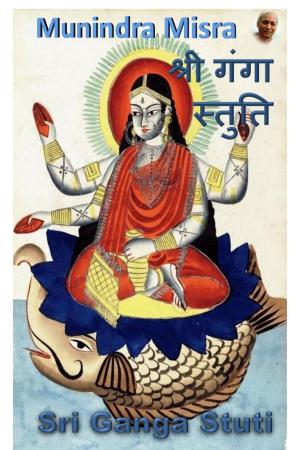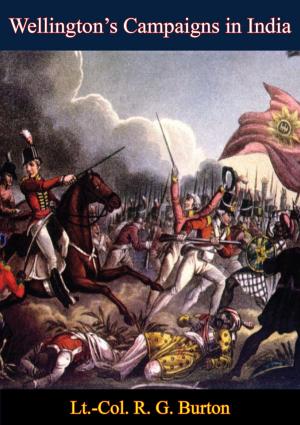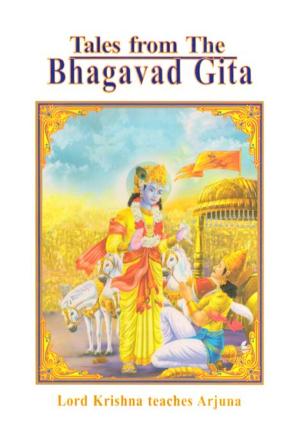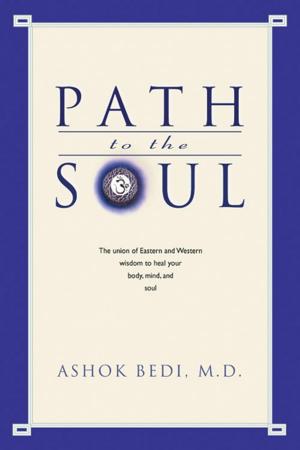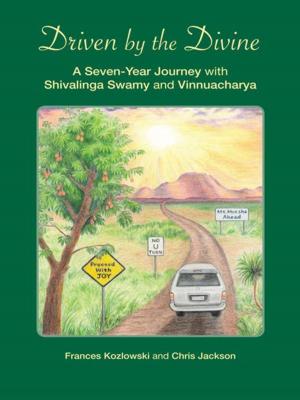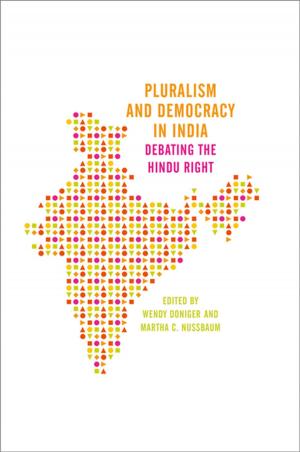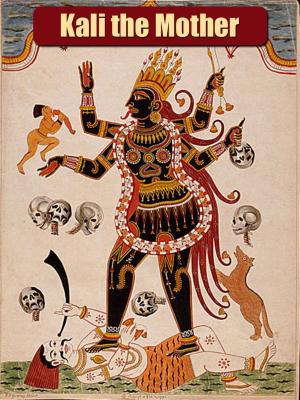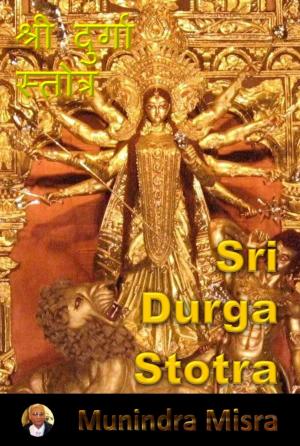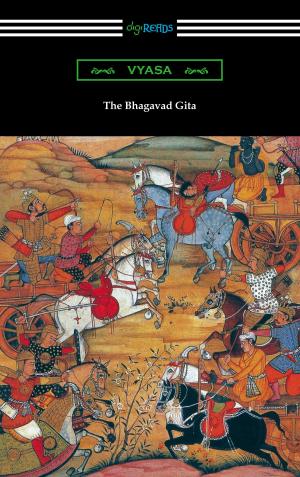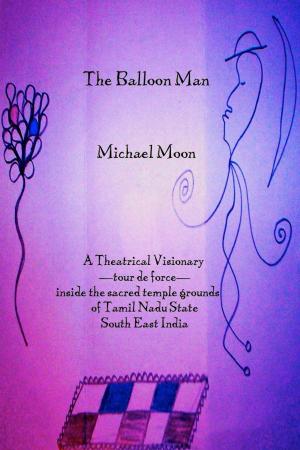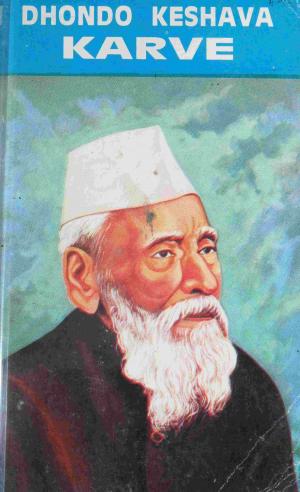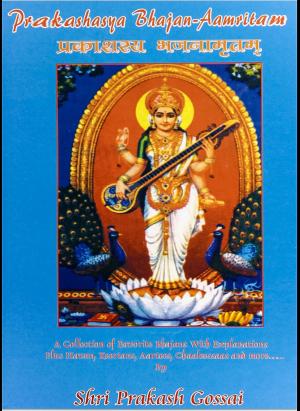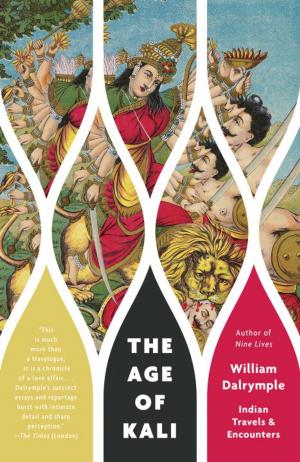Reconstructing Sacred Space In The Hindu Diaspora
The Case of The Sivananda Ghat
Nonfiction, Religion & Spirituality, Eastern Religions, Hinduism| Author: | Melisha Rabilal | ISBN: | 9780620633130 |
| Publisher: | Melisha Rabilal | Publication: | February 16, 2015 |
| Imprint: | Language: | English |
| Author: | Melisha Rabilal |
| ISBN: | 9780620633130 |
| Publisher: | Melisha Rabilal |
| Publication: | February 16, 2015 |
| Imprint: | |
| Language: | English |
The South African indian diaspora having emerged from an oppressive past into a democratic dispensation, enjoys freedom of religion, belief and opinion as enshrined in the South African constitution. The issue of cultural identity facing diaspora communities globally, has always been expressed by the community taking visible action to construct both physically and socially, those institutions which they maintain will exemplify and nurture their religious traditions for generations to come. These concepts are explored in this study with the case of the Sivananda Ghat according insight into various processes involved in negotiating, defining and "acquiring" sacred space. Incorporated is a historical overview of the South African indian in Kwa Zulu-Natal within the context of the global phenomenon of south asians in the diaspora, succeeded by articles elaborating on pilgrimage and their purpose with relevance to hindu religious tradition. This dissertation exhibits the ideologies of eminent scholars in the field of religion and their elucidation on the classical notion and definition of the concept of sacred space. The history and formation of the Divine Life Society in South Africa is chronicled with respect to the society's aims and objectives as well as an explication of Swami Sivananda's concept of "Divine Life". Mythology associated with the ritual of disposal of ashes is expounded upon, along with the presentation of the proposed facility and the projected impact on the community. Interaction among interested and affected parties involved; within the context of this particular case study, has lent itself to social interpretation. Information pertaining to the responses to the facility by the Durban Golf Club and the community is also reviewed. The multi-faceted issues that arose and negotiation processes that transpired are presented within the time frame of conceptualization of the project by the Divine Life Society up to the ratification of the facility by the Ethekwini Council. The discussion offers thought on the role of the state as pertains to religion and religious rights as well as the role of religion as having a social integrative function. The dissertation concludes by referring to concerns of minorities in relation to intergroup and social issues and reflects on the case of the Sivananda Ghat as contributing to discussion among various parties; political, community based, social and religious, on pertinent issues facing hindus in the diaspora.
The South African indian diaspora having emerged from an oppressive past into a democratic dispensation, enjoys freedom of religion, belief and opinion as enshrined in the South African constitution. The issue of cultural identity facing diaspora communities globally, has always been expressed by the community taking visible action to construct both physically and socially, those institutions which they maintain will exemplify and nurture their religious traditions for generations to come. These concepts are explored in this study with the case of the Sivananda Ghat according insight into various processes involved in negotiating, defining and "acquiring" sacred space. Incorporated is a historical overview of the South African indian in Kwa Zulu-Natal within the context of the global phenomenon of south asians in the diaspora, succeeded by articles elaborating on pilgrimage and their purpose with relevance to hindu religious tradition. This dissertation exhibits the ideologies of eminent scholars in the field of religion and their elucidation on the classical notion and definition of the concept of sacred space. The history and formation of the Divine Life Society in South Africa is chronicled with respect to the society's aims and objectives as well as an explication of Swami Sivananda's concept of "Divine Life". Mythology associated with the ritual of disposal of ashes is expounded upon, along with the presentation of the proposed facility and the projected impact on the community. Interaction among interested and affected parties involved; within the context of this particular case study, has lent itself to social interpretation. Information pertaining to the responses to the facility by the Durban Golf Club and the community is also reviewed. The multi-faceted issues that arose and negotiation processes that transpired are presented within the time frame of conceptualization of the project by the Divine Life Society up to the ratification of the facility by the Ethekwini Council. The discussion offers thought on the role of the state as pertains to religion and religious rights as well as the role of religion as having a social integrative function. The dissertation concludes by referring to concerns of minorities in relation to intergroup and social issues and reflects on the case of the Sivananda Ghat as contributing to discussion among various parties; political, community based, social and religious, on pertinent issues facing hindus in the diaspora.

